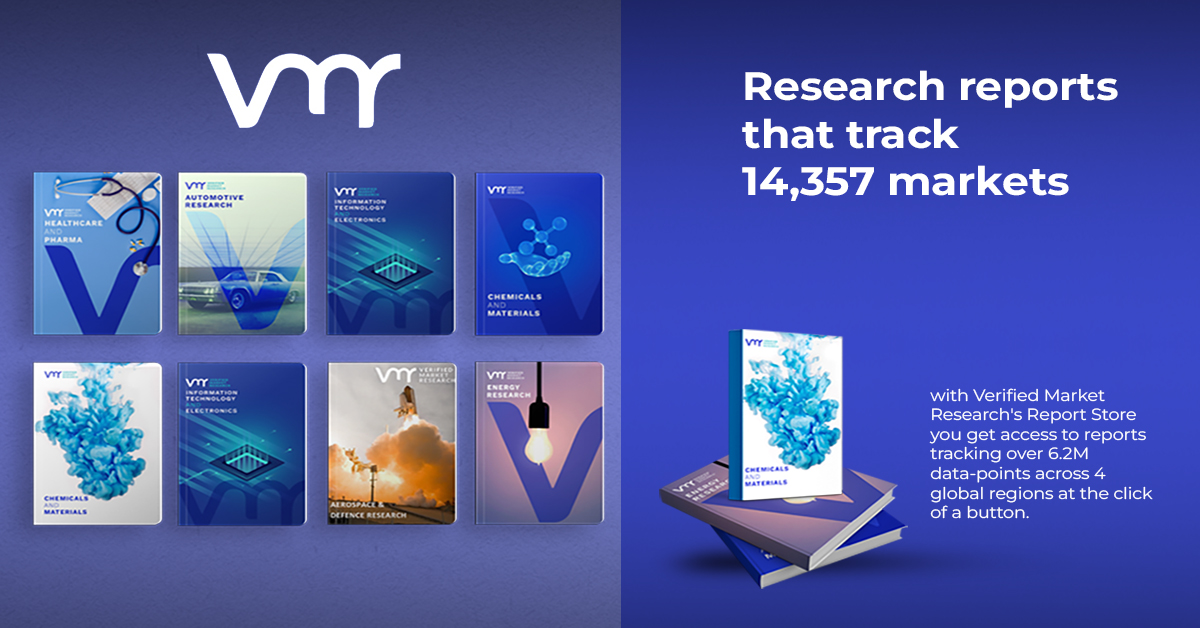The Metabolomics Services Market: Key Developments and Trends in 2024
The metabolomics services market is undergoing rapid transformation, fueled by advances in technology, increasing demand for personalized medicine, and the expanding role of data analytics in healthcare research. This market, valued at approximately USD 1 billion in 2021, is projected to exceed USD 1.4 billion by 2030, growing at a robust CAGR of 11-12% during the forecast period. Below, we delve into the latest developments, challenges, and opportunities shaping this dynamic industry.
Introduction to Metabolomics Services
Metabolomics focuses on the comprehensive analysis of metabolites within biological systems, offering insights into the physiological and pathological states of organisms. The market encompasses tools, technologies, and services that enable researchers to conduct targeted and untargeted metabolomics studies. Applications span from drug discovery to food safety, environmental science, and disease biomarker identification.
Key Drivers of Growth
- Advancements in Mass Spectrometry and Chromatography
Technologies such as high-performance liquid chromatography (HPLC) coupled with mass spectrometry (MS) have revolutionized metabolomics. Innovations like Shimadzu Corporation’s LCMS-2050 are enhancing accuracy and sensitivity, driving adoption across academic and commercial labs - Rising Demand for Personalized Medicine
Metabolomics is a cornerstone for personalized medicine, aiding in tailoring treatments based on individual metabolic profiles. It has shown promise in oncology, cardiology, and metabolic disorders, contributing to its growing relevance in precision healthcare - Integration with Artificial Intelligence
The application of AI and machine learning in metabolomics is streamlining data analysis, enabling faster interpretation of complex datasets. Companies are leveraging AI to identify biomarkers and predict therapeutic outcomes
Challenges Impacting the Market
- Data Complexity and Standardization
Metabolomics generates vast datasets requiring specialized tools for interpretation. The lack of standardization in methodologies and data sharing remains a bottleneck for widespread adoption - High Costs of Technology
Despite technological advances, the cost of metabolomics instruments and services can deter small-scale research groups and emerging markets from participation - Impact of COVID-19
The pandemic disrupted supply chains and research activities, although it also highlighted metabolomics’ potential in identifying biomarkers for COVID-19 and other infectious diseases
Latest Trends and Developments
- Collaborative Research Initiatives
Academic and industry partnerships are driving innovation in the metabolomics field. For instance, consortia focusing on disease-specific biomarker discovery are expanding the scope of metabolomics services - Emergence of Metabolomics Startups
Startups specializing in niche applications, such as gut microbiome analysis or plant metabolomics, are gaining traction. Their agile business models and focus on innovation are invigorating the market - Government and Institutional Funding
Increased investment in life sciences research, particularly in the U.S. and Europe, is fueling growth. National funding bodies are prioritizing metabolomics projects that address pressing healthcare challenges
Applications of Metabolomics
- Healthcare and Diagnostics
- Identification of disease biomarkers for early diagnosis.
- Therapeutic monitoring in chronic diseases like diabetes and cancer.
- Agriculture and Food Safety
- Ensuring food authenticity and detecting contaminants.
- Enhancing crop yield and resilience through plant metabolomics.
- Environmental Science
- Studying the impact of pollutants on ecosystems.
- Developing sustainable solutions for environmental challenges.
- Pharmaceutical Development
- Accelerating drug discovery and validation processes.Evaluating the efficacy and toxicity of new compounds
Competitive Landscape
Leading Players in the Market:
- Thermo Fisher Scientific
Known for its robust metabolomics portfolio, Thermo Fisher offers advanced instruments and software for metabolomics research. - Shimadzu Corporation
Their recent launch of the LCMS-2050 underscores their commitment to high-performance solutions - Agilent Technologies
A key player providing comprehensive metabolomics solutions, including hardware, software, and services.
Emerging Competitors:
Startups and regional companies are challenging established players by focusing on cost-effective, innovative solutions.
Opportunities for Growth
- Expansion into Emerging Markets
Countries in Asia-Pacific, Latin America, and the Middle East are investing in healthcare infrastructure, presenting untapped potential for metabolomics services - Integration with Multi-omics Approaches
Combining metabolomics with genomics, proteomics, and transcriptomics is paving the way for holistic biological insights. This trend is particularly relevant in cancer research and rare disease studies - Adoption in Clinical Settings
Transitioning metabolomics from research labs to clinical diagnostics could redefine personalized medicine, making metabolomics a routine part of patient care
The metabolomics services market is poised for significant growth, underpinned by technological advancements, increasing adoption in precision medicine, and expanding applications across diverse industries. While challenges such as data complexity and cost remain, innovations in AI and collaborative efforts are paving the way for a brighter future.
For stakeholders, investing in metabolomics today means participating in the evolution of a field that promises to transform healthcare and beyond. As the market continues to mature, the next decade will likely witness breakthroughs that solidify metabolomics as a cornerstone of modern science.









